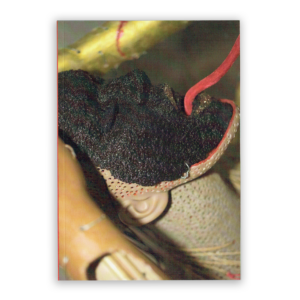Open Office Anthology
£14.00
Whereas How to Sleep Faster operates as a separate space to Arcadia Missa’s curated programme, our new Anthology series, takes as its focus the main curated programme of the gallery’s that year. With material collected over the programme, as well as commissioned essays and video material in accompanying dvd, this is a large ‘scrapbook’ of content, from documentation to critical theory, performance and image commissions.
contributions and work by:
Iain Ball
Matt Drage
Riyo Nemeth
Harry Burke
Yuri Pattison
Michael O’Mahony
Aislin Dowling
Christopher Page
Helga Wretman
Oliver Jennings
Harry Sanderson
Tight Artists Net Gang
Hannah Black
William Kherbek
Marlie Mul
Ann Hirsch
Jennifer Chan
Karen Archey
Clunie Reid
Hannah Perry
Kari Rittenbach
Federico Campagna
Paul Kneale
Faith Holland
Cadence Kinsey
Josephine Berry Slater
Open Office Anthology, 2013.
The Open Office Programme (2012)
The Arcadia Missa Open-Office Programme was an attempt, through its research and curatorial programme, to address precarity as experienced by immaterial labourers working today. AM-OO made explicit ways in which post-Fordist ideological formations such as neoliberalism, democracy as consumer choice, and ‘instant’ communication have come to define the ways in which we work and create (or ‘playbour’), under the rubric of globalized capitalism. This Anthology offers a record of AM-OO and an attempt to propose new conditions for cultural production, specifically those avoiding the fetishization of the objects and social relations of precarity itself. It hopes for a reclamation of representation from the cynical and recursive circulation of images within capitalist realism, and its conceptions of the body in vectored space.
The programme taught us that this examination offers both a site for critique (albeit one always however in tension with the safe, institutional discourse on precarity), but also a collective desire for something different. Where precarity, work, and the ideology of prosumption stop being the total system we have, as yet, only been able to embed ourselves and our social bodies in. Understanding our performance in immaterial and cognitive realms has emerged as one such site. Much of the work within this anthology reflects an attempt to understand and deviate from this.
In stock




